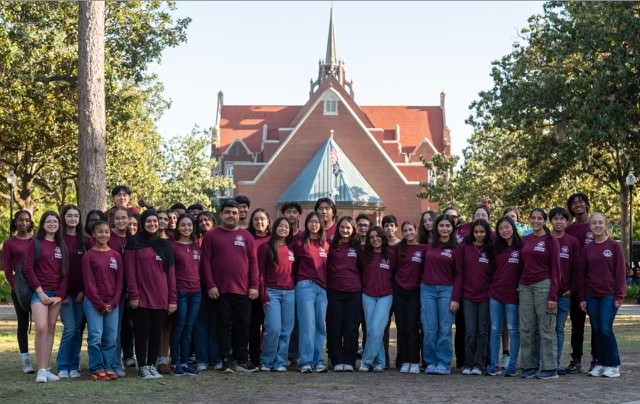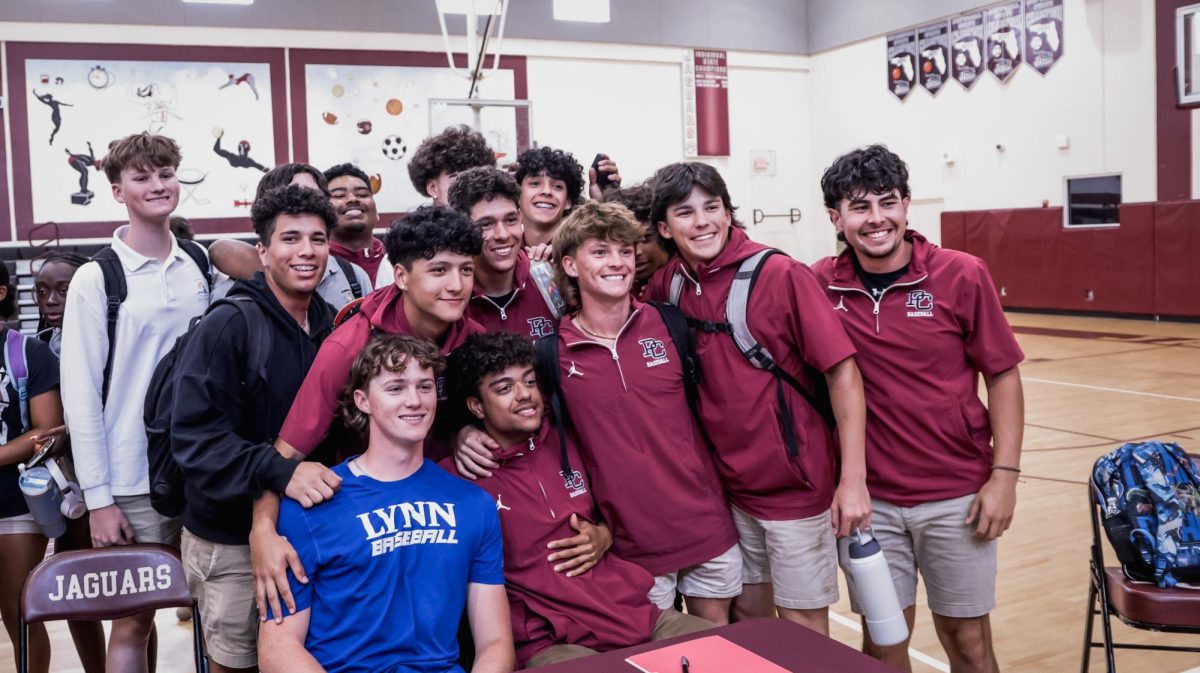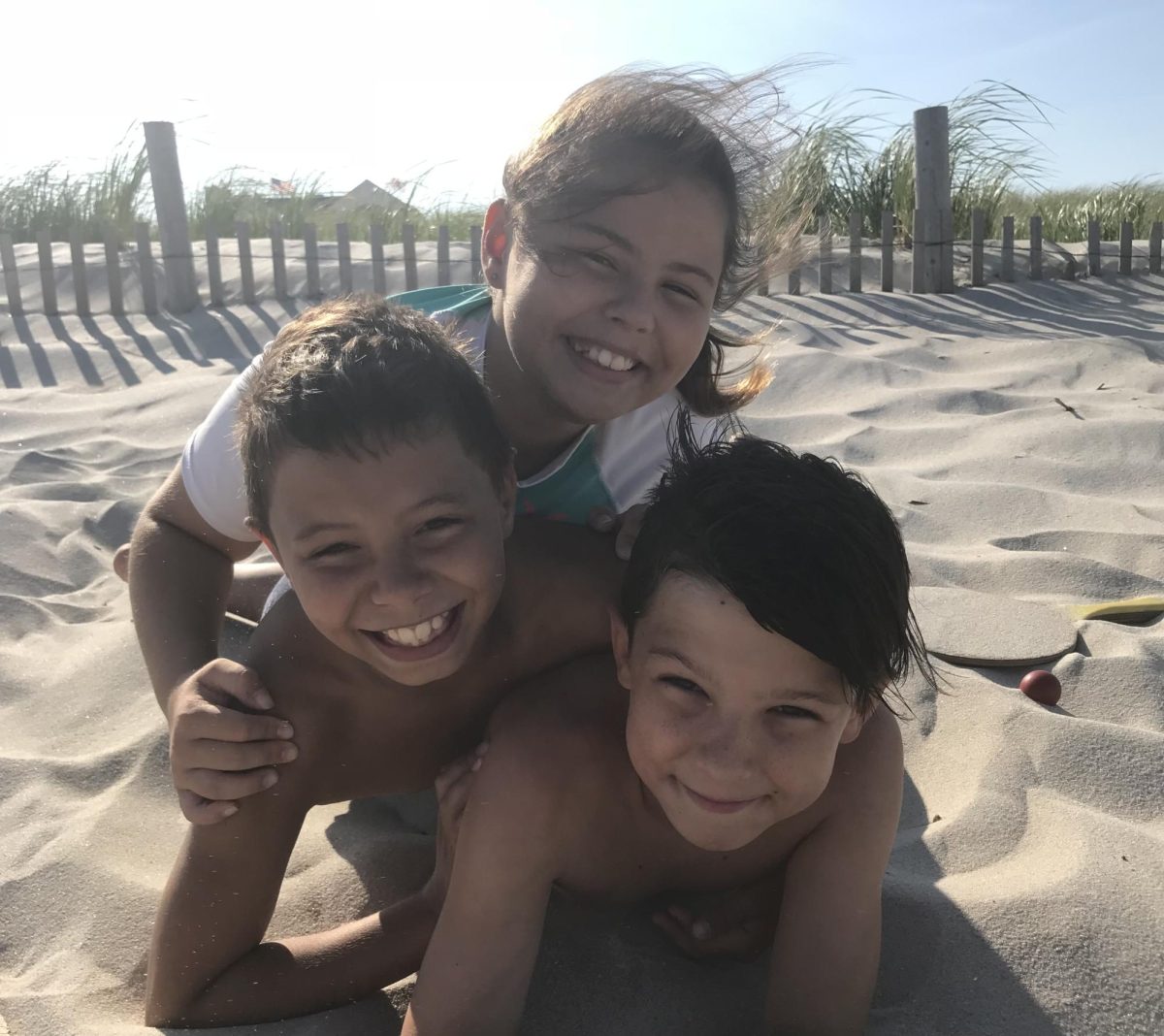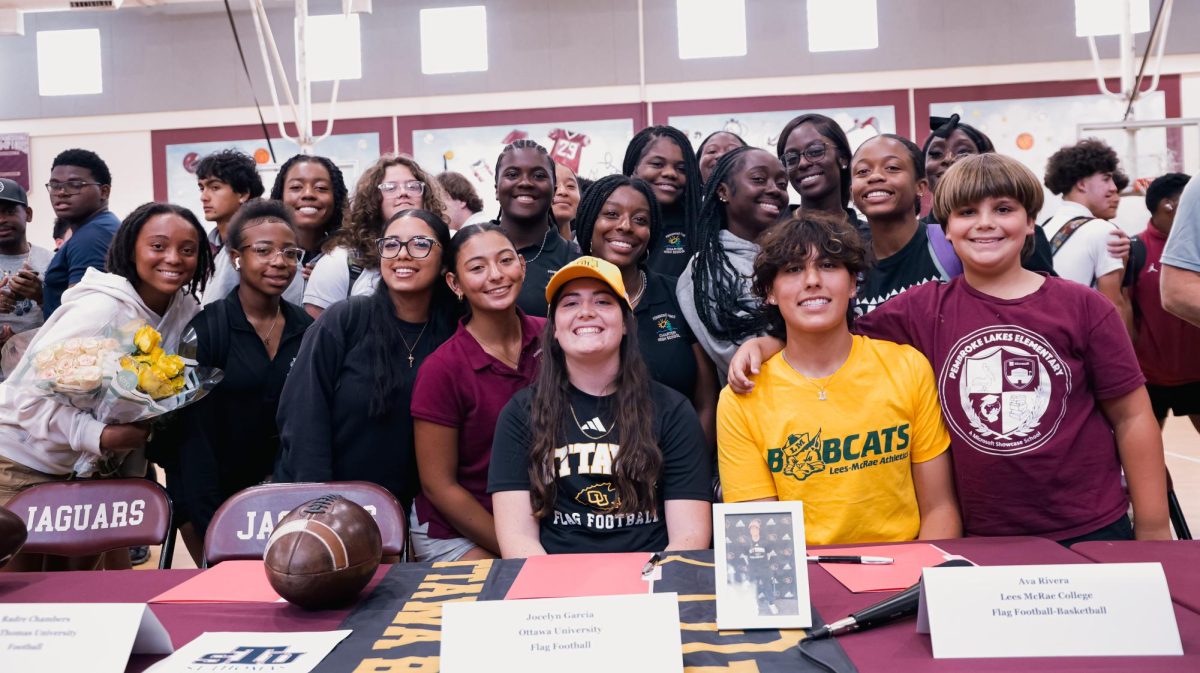In today’s society, the word “diabetes” holds a stigma behind it. “You don’t look like you have diabetes,” or “Stop eating sweets” are sentences well too many diabetics have heard. However, diabetes is much more: it’s a condition that affects millions of Americans around the country, including this one Charter alumna.
As Nicole Cordoba navigates her life with type 1 diabetes, she not only paves the way to educate her patients with the condition, but also has an Instagram page to show others that the myths they were told about diabetes aren’t true.
At the age of four, Cordoba was diagnosed with type 1 diabetes (T1D): a lifelong condition where the pancreas makes little or no insulin, which leads to high blood sugar levels (Mayo Clinic, 2024). Although she cannot remember being diagnosed with it, Cordoba recalls that her mother noticed some signs of her wetting the bed, which was peculiar because she was potty trained, as well as her sudden increased feeling of thirst.
With her mother’s concern, she booked her daughter an appointment to see the doctor. “The doctor [checked my] blood sugar and it was over 800.” For a person without diabetes, Cordoba explains, “A regular fasting blood sugar level would be 70-100 …but once it hits 200+, that is an immediate diagnosis of diabetes.”
Living with this condition was not easy. She thinks back to how she has this bear named Rufus that has patches all over its body “to mimic areas where injections are supposed to be given.” With this condition taking a toll on anybody who has it, to relieve some of the pain in her youthful years, she would “give Rufus an injection while my mom was giving me an injection so that I could eat Froot Loops and [I would] feed him Froot Loops.”
Cordoba found the experience of being diagnosed with T1D “not a life-changing thing for me because I just went with the flow.” It was not until she was in 5th grade that she understood that not everybody knew what diabetes was: “People started asking me about my diabetes management, so that was when I realized that I am different from other kids.”
One instance that Cordoba vividly remembers was when she was in high school. In her years within PPCHS’ walls, Cordoba used an insulin pump and would sometimes pretend that she didn’t have diabetes because she was “tired and needed a break [from dealing with the insulin pump]. I was, essentially, my own pancreas. My body attacked itself and my pancreas stopped producing the cells that make insulin.”
This would last until her first year of college at Florida State University. In a memorable event, Cordoba forgot to change her insulin pump once it ran out of insulin and got really sick. She reflects on this moment stating, “That was an eye-opener for me. If I decide to pretend, I don’t have diabetes, then I don’t have life.”
With all that Cordoba had experienced in life, it led to her finding her dream career: a Registered Nurse and a Certified Diabetes Care and Education Specialist (CDCES). Cordoba works in an Endocrinology office at Joe Dimaggio to aid newly diagnosed kids and teenagers with diabetes by helping them live their lives with type 1 diabetes.
What stands out the most about Cordoba is her work with pediatrics: “I always felt that my path would lead me to work in the office that I grew up going to, which I work at now. I have always had a good connection with kids and families. Those were the families that I wanted to help: kids and families going through pediatric illnesses.”
After some time, Cordoba and her coworker, Rachel Faber, who also has T1D and is a diabetes educator, created an Instagram page called cdediabuddies—a community term that people with T1D use. “We post what we do at work, personal diabetes things, and things that just connect us to the community of those with type 1 diabetes.”
Cordoba later comments her reasoning behind the Instagram account, which was her want for it to be for the whole diabetes community: “ If you come across the page and know someone who might benefit from the information, share it. I want to build up my community. We need to advocate for us.”
But a lot of what Cordoba has done in her life would not have happened without Charter. Before graduating in 2014, Cordoba reminisces about Ms. Torres and her AP Psychology teacher. Although the name of her psychology teacher is lost in her mind, they were an inspiration to her and led her to major in psychology before switching to nursing. “I don’t regret that at all,” she says.
What she loved the most about her graduating class was that they “were all so close. The smallness of the school, with it still being a big pond, made everyone bond and be friends with each other.” The Charter class of 2014 just recently celebrated their 10-year reunion, “and it was great that many of us are still close despite it being 10 years since we have graduated.”
As Cordoba and others continue to live their life with this condition, the one thing that she wishes to share with people who can relate to her condition is: “Find your community of others who have type 1 diabetes or people that support you. Only 5% of the population is living with type 1 diabetes, [so] it’s helpful to know that people understand your struggles and [that there’s] a community that gets it.”








